#club program
Explore tagged Tumblr posts
Text
Aquasprint 2024 gets underway
What a Great start to the 2024 Aquasprint season. a total of 37 swimmers across our 3 junior squads made up our biggest Aquasprint team in a few years. Of those 37 swimmers, 17 of them competed in their first ever Aquasprint & they did not disappoint. Lots of extremely close races, but even better finishes from Team Larne seen us on the right side of the points to getOur season off to a…

View On WordPress
#patience#TNDO#AchieveGreatness#AchieveSuccess#Adaptability#agegroup#Aquasprint#AthleteDevelopment#children#children&039;s swimming#club#Club Development#club program#enjoyment
0 notes
Text




#throw them in a fire!!!!#they’re possessed#paul mccartney#john lennon#george harrison#ringo starr#the beatles#sgt. pepper's lonely hearts club band#I was playing around with a web program I couldn’t resist
938 notes
·
View notes
Text
patience being tested. being forced by a bizarre unfortunate situation to adhere to university requirement technicality by taking this simple basic elementary "introduction to environmental history" class.
this class is from facilitators/program which do, like, "history of the American frontier" or "history of fishing and hunting" and still basically subscribe to that old-school twentieth-century idealization and celebration of characters like Teddy Roosevelt and reverence for a mythical arc-of-history-bent-towards-justice narrative of the often-clumsy but ultimately-benevolent US federal government and its mission to "save nature" through the miracle of "sustained yield," while heroic federal land management agencies and "heritage" institutions lead to way, staffed by exceptional individuals (appeals to nostalgia for the frontier and an imagined landscape of the American West; ego-stroking appeals to flattering self-image that center the environmentalist or academic). where they invoke, y'know, ideas like "ecology is important because don't you enjoy cross-country skiing in The Woods with your niece and nephew? don't you like hunting and fishing?" which makes it feel like a time capsule of appeals and discourses from the 1970s. and it invokes concept of "untouched wilderness" (while eliding scale of historical Indigenous environmental relationships and current ongoing colonial violence/extractivism). but just ever-so-slightly updated with a little bit of chic twenty-first-century flair like a superficial land acknowledgement or a reference to "labor histories" or "history from below," which is extra aggravating when the old ideologies/institutions are still in power but they're muddying the water and diluting the language/frameworks (it's been strange, watching words like "multispecies" and "Anthropocene" over the years slowly but surely show-up on the posters, fliers, course descriptions, by now even appearing adjacent to the agri-business and resource extraction feeder programs, like a recuperation or appropriation.) even from a humanities angle, it's still, they're talking at me like "You probably didn't know this, but environmental history is actually pretty entangled with political and social events. In fact, we can synthesize sources and glean environmental info from wacky places like workers' rolls in factories, ship's logs, and poetry from the era." and i'm nodding like YEP.
the first homework assignment is respond to this: "Define and describe 'the Anthropocene'. Do you think 'the Anthropocene' is a useful concept? Why or why not?" Respond in 300 words.
so for fun, right now in class, going to see how fast i can pull up discussion of Anthropocene-as-concept solely from my old posts on this microblogging site.
---
ok, found some
---
I think that the danger in any universal narrative or epoch or principle is exactly that it can itself become a colonizing force. [...] I’m suspicious of the Anthropocene as concept for the very reason that it subsumes so many peoples, nations, histories, geographies, political orders. For that reason, I think ideas like the Anthropocene can be a useful short-hand for a cluster of tangible things going on with the Earth at the moment, but we have to be very careful about how fluid and dynamic ideas become concretized into hegemonic principles in the hands of researchers, policymakers, and politicians. There’s so much diversity in histories and experiences and environmental realities even between relatively linked geographies here in Canada [...]. Imagine what happens when we try to do that on a global scale - and a lot of euro-western Anthropocene, climate change and resilience research risks doing that - eliding local specificities and appropriating knowledge to serve a broader euro-western narrative without attending to the inherent colonial and imperial realities of science and policy processes, or even attending to the ways that colonial capitalist expansion has created these environmental crises to begin with. While we, as a collective humanity, are struggling with the realities of the Anthropocene, it is dangerous to erase the specific histories, power-relations, political orders that created the crisis to begin with. So, I’m glad that a robust critique of the Anthropocene as a concept is emerging.
Text by: Words of Zoe Todd, as interviewed and transcribed by Caroline Picard. “The Future is Elastic (But it Depends): An Interview with Zoe Todd.” 23 August 2016.
---
---
---
The Great Acceleration is the latest in a series of human-driven planetary changes that constitute what a rising chorus of scientists, social scientists, and humanists have labeled the Anthropocene - a new Age of Humans. [...] But what the Anthropocene label masks, and what the litany of graphs documenting the Great Acceleration hide, is a history of racial oppression and violence, along with wealth inequality, that has built and sustained engines of economic growth and consumption over the last four centuries. [...] The plantation, Sidney Mintz long ago observed, was a “synthesis of field and factory,” an agro-industrial system of enterprise [...]. Plantation legacies, along with accompanying strategies of survival and resistance, dwell in the racialized geographies of the United States’ and Brazil’s prison systems. They surface in the inequitable toxic burdens experienced by impoverished communities of color in places like Cancer Alley, an industrial corridor of petrochemical plants running along the Mississippi River from New Orleans to Baton Rouge, where cotton was once king. And they appear in patterns of foreign direct investment and debt servitude that structure many land deals in the Caribbean, Brazil, and sub-Saharan Africa [...]. [C]limatologists and global change scientists from the University of London, propose instead 1610 as a date for the golden spike of the Anthropocene. The date marked a detectable global dip in carbon dioxide concentrations, precipitated, they argue, by the death of nearly 50 million indigenous human inhabitants [...]. The degradation of soils in the tobacco and cotton-growing regions in the American South, or in the sugarcane growing fields of many Caribbean islands, for example, was a consequence of an economic and social system that inflicted violence upon the land and the people enslaved to work it. Such violent histories are not so readily evident in genealogies that date the Anthropocene’s emergence to the Neolithic Revolution 12,000 years ago, the onset of Europe’s industrial revolution circa 1800, or the Trinity nuclear test of 1945. Sugarcane plantations were already prevalent throughout the Mediterranean basin during the late middle ages. But it was during the early modern era, and specifically in the Caribbean, where the intersection of emerging proto-capitalist economic models based on migratory forced labor (first indentured servitude, and later slavery), intensive land usage, globalized commerce, and colonial regimes sustained on the basis of relentless racialized violence, gave rise to the transformative models of plantations that reshaped the lives and livelihoods of human and non-human beings on a planetary scale. [...] We might, following the lead of science studies scholar Donna Haraway and anthropologist Anna Tsing, more aptly designate this era the Plantationocene. [...] It is also an invitation to see, in the words of geographer Laura Pulido, “the Anthropocene as a racial process,” one that has and will continue to produce “racially uneven vulnerability and death." [...] And how have such material transformations sustained global flows of knowledge and capital that continue to reproduce the plantation in enduring ways?
Text by: Sophie Sapp Moore, Monique Allewaert, Pablo F. Gomez, and Gregg Mitman. "Plantation Legacies." Edge Effects. 22 January 2019. Updated 15 May 2021. [Bold emphasis added by me.]
---
---
---
Geologists and other scientists will fight over [the definition of the beginning start-date of the Anthropocene] in scientific language, seeking traces of carbon dioxide that index the worst offenses of European empire which rent and violated the flesh, bodies, and governance structures of Indigenous and other sovereign peoples in the name of gold, lumber, trade, land, and power. [...] The stories we tell about the origins of the Anthropocene implicate how we understand the relations we have with our surrounds. In other words, the naming of the Anthropocene epoch and its start date have implications not just for how we understand the world, but this understanding will have material consequences, consequences that affect body and land.
Text by: Heather Davis and Zoe Todd. On the Importance of a Date, or Decolonizing the Anthropocene. ACME An International Journal for Critical Geographies. December 2017. [Bold emphasis added by me.]
---
---
---
From Aime and Suzanne Cesaire, C. L. R. James, Claudia Jones, Eduoard Glissant, through Sylvia Wynter, Christina Sharpe, and so many others, critical anticolonial and race theory has been written from the specific histories that marked the Black Atlantic. [...] Glissant also reminds us, secondly, of how cunning the absorptive powers of [...] liberal capitalism are - how quickly specific relations are remade as relations-erasing universal abstractions. [...] This absorptive, relations-erasing universalism is especially apparent in some contemporary discourses of […] liberalism and climate collapse - what some call the Anthropocene - especially those that anchor the crisis in a general Human calamity which, as Sylvia Wynter has noted, is merely the name of an overdetermined and specific [White] European man. […] [T]he condition of creating this new common European world was the destruction of a multitude of existing black and brown worlds. The tsunami of colonialism was not seen as affecting humanity, but [...] these specific people. They were specific - what happened to them may have been necessary, regrettable, intentional, accidental - but it is always them. It is only when these ancestral histories became present for some, for those who had long benefitted from the dispossession [...], that suddenly the problem is all of us, as human catastrophe.
Text by: Elizabeth Povinelli. “The Ancestral Present of Oceanic Illusions: Connected and Differentiated in Late Toxic Liberalism.” e-flux Journal Issue #112. October 2020.
---
The narrative arc [of White "liberal humanism"] [...] is often told as a kind of European coming-of-age story. […] The Anthropocene discourse follows the same coming-of-age [...] script, searching for a material origin story that would explain the newly identified trajectory of the Anthropos […]. Sylvia Wynter, W.E.B. DuBois, and Achille Mbembe all showed how that genealogy of [White subjecthood] was [...] articulated through sixteenth- through nineteenth-century [historiographies and discourses] in the context of colonialism, [...] as well as forming the material praxis of their rearrangement (through mining, ecological rearrangements and extractions, and forms of geologic displacements such as plantations, dams, fertilizers, crops, and introduction of “alien” animals). […] As Wynter (2000) commented, “The degradation of concrete humans, that was/is the price of empire, of the kind of [Eurocentric epistemology] that underlies it” (154).
Text by: Kathryn Yusoff. “The Inhumanities.” Annals of the American Association of Geographers, Volume 11, Issue 3. November 2020.
---
---
---
As Yarimar Bonilla suggests in regard to post-Irma-and-Maria Puerto Rico, “vulnerability is not simply a product of natural conditions; it is a political state and a colonial condition.” Many in the Caribbean therefore speak about the coloniality of disaster, and the unnaturalness of these “natural” disasters [...]. Others describe this temporality by shifting [...] toward an idea of the Plantationocene [...]. As Moore and her colleagues write, “Plantation worlds, both past and present, offer a powerful reminder that environmental problems cannot be decoupled from histories of colonialism, capitalism, and racism that have made some human beings more vulnerable [...].” [W]e see that contemporary uneven socioecologies associated with the rise of the industrial world ["the Anthropocene"] are based [...] also on the racialized denial and foreshortening of life for the sacrificial majority of black, brown, and Indigenous people and their relegation to the “sacrifice zones” of extractive industry. [...] [A]ny appropriate response to the contemporary climate emergency must first appreciate its foundations in the past history of the violent, coercive, transatlantic system of plantation slavery; in the present global uneven development, antiblackness, and border regimes that shape human vulnerability [...] that continues to influence who has access to resources, safety, and preferable ecologies [...] and who will be relegated to the “plantation archipelagoes” (as Sylvia Wynter called them) [...].
Text by: Mimi Sheller. “Thinking Beyond Coloniality: Toward Radical Caribbean Futures.” Small Axe (2021), 25 (2 (65)), pages 169-170. Published 1 July 2021. [Bold emphasis added by me.]
---
---
---
Indigenous genocide and removal from land and enslavement are prerequisites for power becoming operationalized in premodernity [...]; it was/is a means to operationalize extraction (therefore race should be considered as foundational rather than as periphery to the production of those structures and of global space). [...] Wynter suggests that we […] consider 1452 as the beginning of the New World, as African slaves are put to work on the first plantations on the Portuguese island of Madeira, initiating the “sugar-slave” complex - a massive replantation of ecologies and forced relocation of people […]. Wynter argues that the invention of the figure of Man in 1492 as the Portuguese [and Spanish] travel to the Americas instigates at the same time “a refiguring of humanness” in the idea of race. [...] The natal moment of the 1800 Industrial Revolution, […] [apparently] locates Anthropocene origination in […] the "new" metabolisms of technology and matter enabled by the combination of fossil fuels, new engines, and the world as market. […] The racialization of epistemologies of life and nonlife is important to note here […]. While [this industrialization in the nineteenth century] […] undoubtedly transformed the atmosphere with […] coal, the creation of another kind of weather had already established its salient forms in the mine and on the plantation. Paying attention to the prehistory of capital and its bodily labor, both within coal cultures and on plantations that literally put “sugar in the bowl” (as Nina Simone sings) […]. The new modes of material accumulation and production in the Industrial Revolution are relational to and dependent on their preproductive forms in slavery […]. In 1833, Parliament finally abolished slavery in the British Caribbean, and the taxpayer payout of £20 million in “compensation” [paid by the government to slave owners for their lost "property"] built the material, geophysical (railways, mines, factories), and imperial infrastructures of Britain and its colonial enterprises and empire. [...] A significant proportion of funds were invested in the railway system connecting London and Birmingham (home of cotton production and […] manufacturing for plantations), Cambridge and Oxford, and Wales and the Midlands (for coal). Insurance companies flourished [...]. The slave-sugar-coal nexus both substantially enriched Britain and made it possible for it to transition into a colonial industrialized power […]. The slave trade […] fashioned the economic conditions (and institutions, such as the insurance and finance industries) for industrialization.
Text by: Kathryn Yusoff. "White Utopia/Black Inferno: Life on a Geologic Spike". e-flux Journal Issue #97. February 2019. [Bold emphasis added by me.]
#sorry for being mean#instructor makes podcasts about cowboys HELP ME#and he recently won a New Business award for his startup magazine covering Democrat party politics in local area HELP#so hes constantly performing this like dance between new hip beerfest winebar coolness and oldfashioned masculinity#but hes in charge of the certificate program so i have to just shut up and keep my head down for approximately one year#his email address is almost identical to mine and invokes enviro history terms but i made mine long before when i was ten years old#so i could log in to fieldherpforum dot com to talk about enviro history of distribution range changes in local reptiles and amphibians#sir if you read my blog then i apologize ive had a long year#and i cant do anything to escape i am disabled i am constantly sick im working fulltime i have NO family i have NO resources#i took all of this schools graduate level enviro history courses and seminars years ago and ran the geography and enviro hist club#but then left in final semester because sudden hospitalization and crippled and disabled which led to homelessness#which means that as far as any profession or school is concerned im nobody im a retail employee#i was doing conference paper revisions while sleeping on concrete vomiting walking around on my cane to find outdoor wifi#and im not kidding the MONTH i got back into a house and was like ok going back to finish the semester the school had#put my whole degree program and department in moratorium from lack of funding#and so required starting some stuff from scratch and now feel like a hostage with debt or worsening health that could pounce any moment#to even get back in current program i was working sixteen hours a day to pay old library fines and had to delicately back out of workplace#where manager was straight up violently physically abusive to her vulnerable employees and threatened retaliation#like an emotional torturer the likes of which i thought existed only in cartoons#and the week i filed for student aid a massive storm had knocked out electricity for days and i was clearing fallen tree debris#and then sitting in the dark in my room between job shifts no music no phone no food with my fingers crossed and i consider it a miracle#sorry dont mean to dramatize or draw attention to myself#so actually im happy you and i are alive
134 notes
·
View notes
Note
Doodle request : Could you draw Torisai?
Also how are you today?
hiya fish!! im doing as good as i can. this week has been a bit hellish but,..... yours truly isnt dead yet, so its a win for me. thank you for asking!!
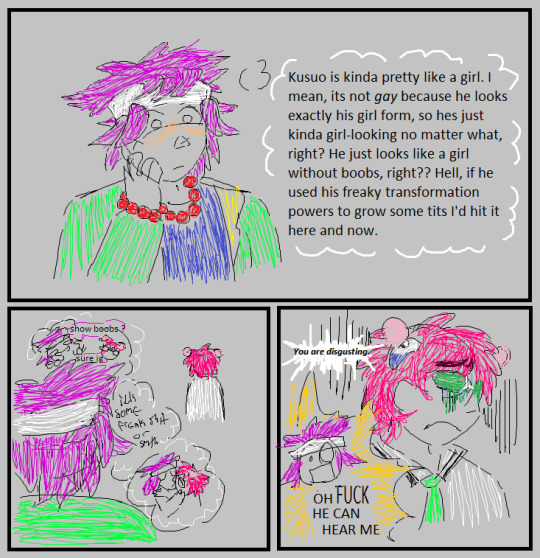
i hope this counts as torisai.. i think it being one sided is so funny ... just in case though a little bonus <3
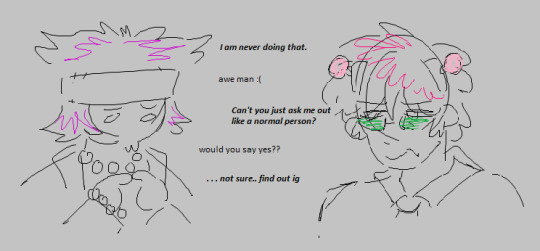
#i think if they ever dated. kusuo would be the leader of the “i hate my bf” club#i love the ship#dont get me wrong#however. i think its much more comedic one sided#and with how deep tori is in the closet? yeah no thats Never happening#that being said#god bless go queers!!#sorry its in ms paint btw my art program is fucking fighting me and im trying to not go into art block. i still need to finish secret santa#this was just a little treat for me :3#also saiki would LOVEEE to say kys to toritsuka#“hey saiki can you” 'KILL YOURSELF.“#and then he walks away#WAIT. AIURA BEING A WINGMAN FOR TORITSUKA.#THATS HOW THEYD START DATING#putting a pin in that one to draw Later !!#anyways. god these tags are getting long. im done now#saiki no psi nan#saiki k#saiki kusuo#kusuo saiki#saiki fanart#tdlosk#the disastrous life of saiki k#toritsuka reita#reita toritsuka#my art#art#stormwave arts
149 notes
·
View notes
Text
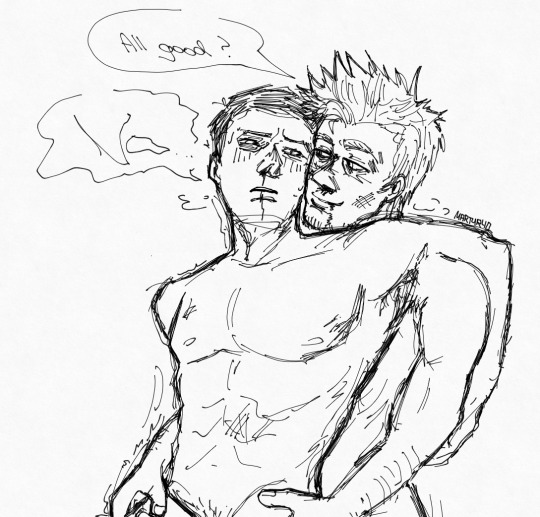
they beat the shit out of each other, nothing more nothing less yk haha they're just exhausted after a fight and ready to go take a shower with their silly soap and dirty water huhu.
#artists on tumblr#art#illustration#digital art#fight club#fight club 1999#the narrator fight club#tyler durden#soapshipping#tyler durden x narrator#doodle#slightly suggestive#I am so scared of posting this#trembling#wtf was I on yesterday like before I draw the man anguished on the floor now this#going insane#full version will come in like never cause I'm already staining my digital footprint enough#but like#uhm#I like how it turned out#so yeah#don't stone me 🎀#also the quality is really shit by its own cause it's a screenshot from a program I forgot I had on my tablet#there are also faith doodles in that file I may post them at some point#WELP#walks away with shame#oh also hope tumblr won't take it down#or maybe it would be better 🤨#IDK BYE NOW#martyryo
451 notes
·
View notes
Text
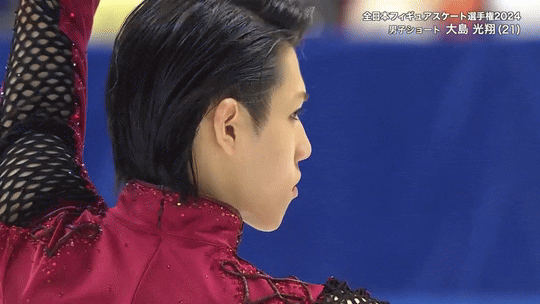
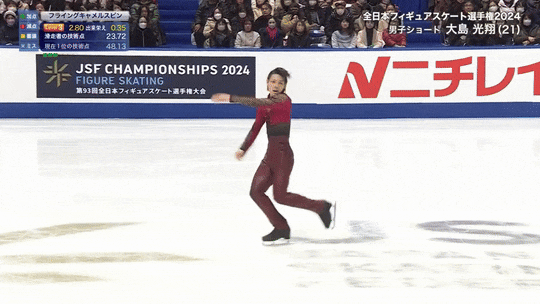
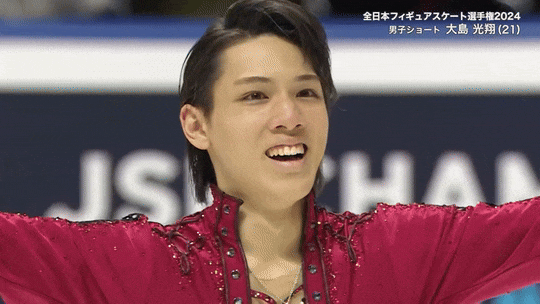
For God so loved the world that every year at Christmas he sends us Kosho Oshima. It's in the Bible.
#skatetheonion#figure skating#jnats 2024#kosho oshima#the weirdest most wonderful skating blorbo that only escapes confinement once a year#with his weird little leg wrap and his extremely subtle smoky eye and his delightful disregard for sanity#this club remix flamenco program + high waisted leather and fishnet ensemble is actually a little tamer than his usual fare#nothing will ever top that absolutely surreal mario SP
93 notes
·
View notes
Text


I shrink the world, nothing left.
#iwtv#amc iwtv#iwtvedit#louis de pointe du lac#louisdepointedulacedit#ldpdl#interview with the vampire#jacob anderson#raleigh ritchie#these have been open on my ps program for agessssss aaahhhh. have them#the lyrics are from 27 club and stay inside#gfxorcollages*
376 notes
·
View notes
Text
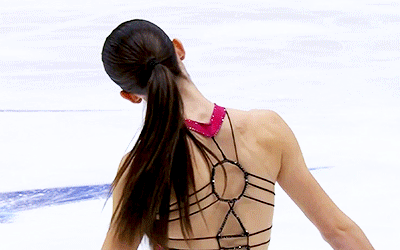
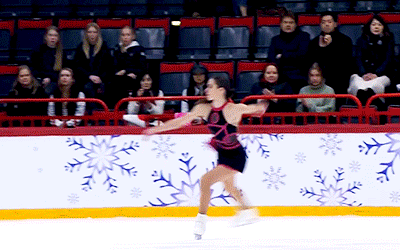
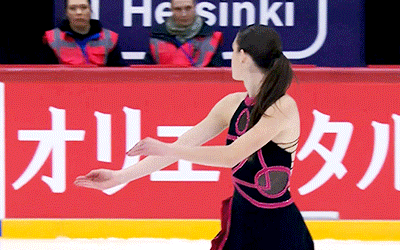
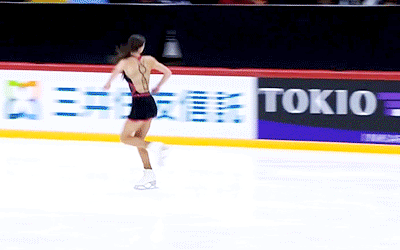

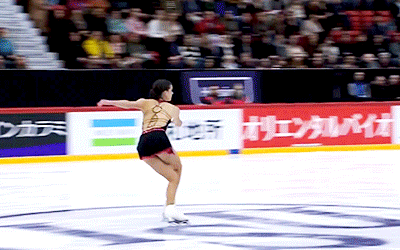
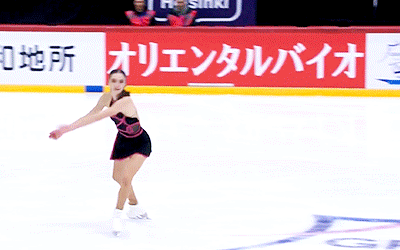
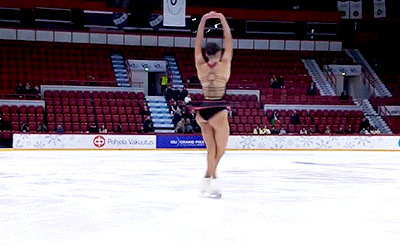
Lara Naki Gutmann (ITA): Squid Game | 2024 Finlandia Trophy, SP
ft. mugunghwa kkochi pieot seumnida (club remix)
#figure skating#lara naki gutmann#squid game#finlandia trophy 2024#fskateedit#still maintain that this is an... unusual program#i appreciate the squid game concept but why is it a club remix??#great energy from her but it's not my type of program#congrats on the PB tho!!
136 notes
·
View notes
Text
Top 20 Romantic/Comedies where the girls should’ve ended up together
20. Mean Girls - Janis and Cady
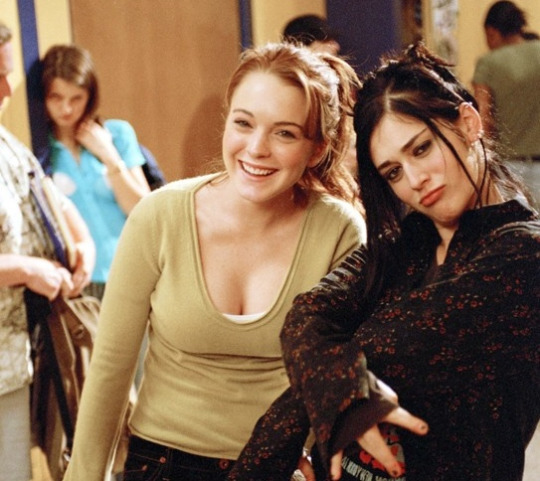
19. The Breakfast Club - Allison and Claire
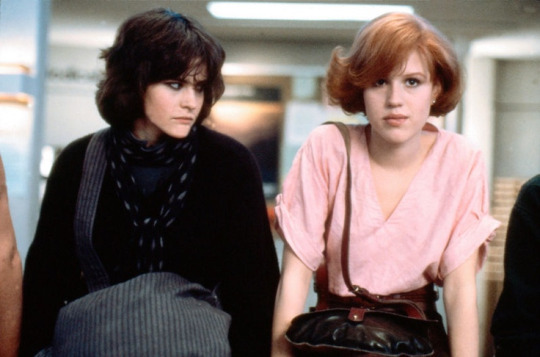
18. Bring It On - Missy and Torrance
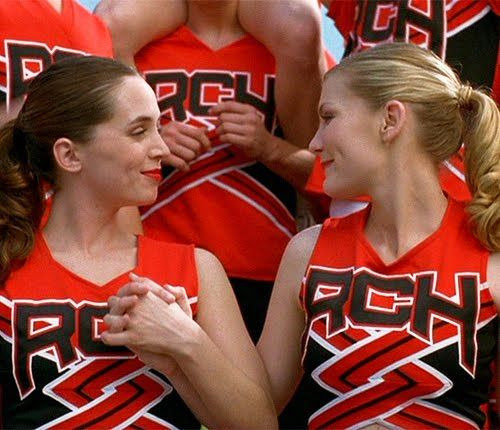
17. Whip It - Pash and Bliss
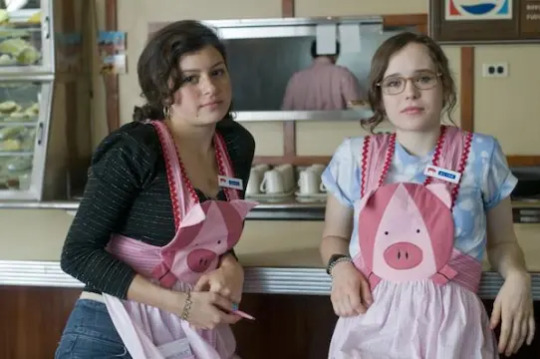
(if Bliss comes out as trans after the film like Elliot Page did, then these two will still be one badass queer couple!)
16. The Wedding Planner - Mary and Fran
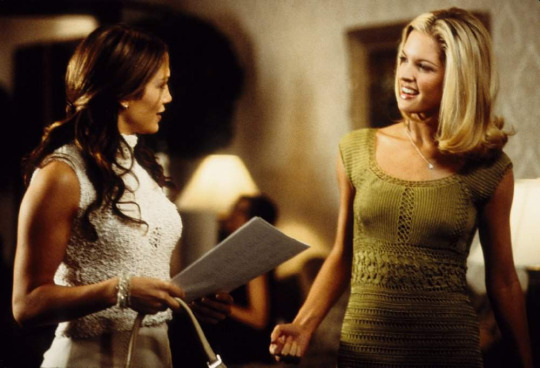
15. Pitch Perfect - Beca and Chloe
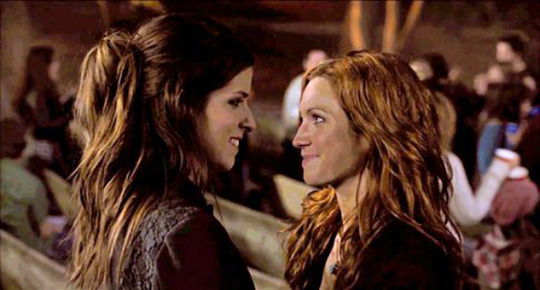
(would probably be higher up on the list if i wasn’t bitter)
14. Princess Protection Program - Rosalinda and Carter

13. Clueless - Cher, Tai and Dionne
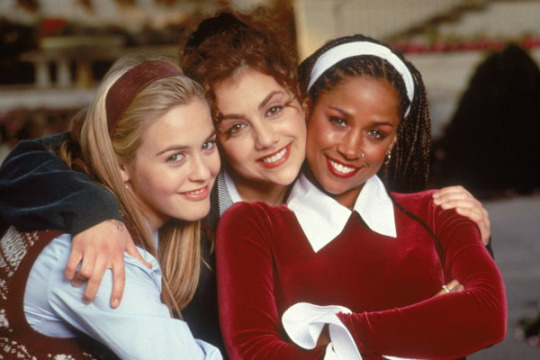
12. Legally Blonde - Vivian and Elle
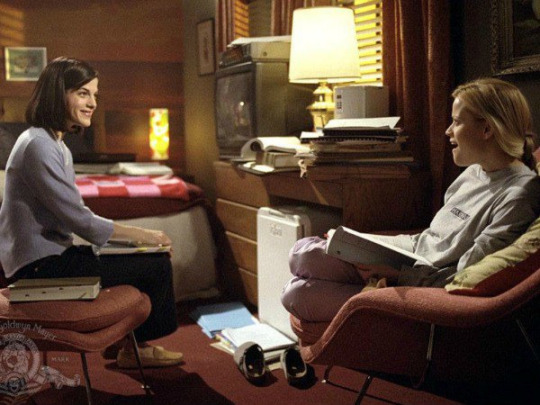
11. Frances Ha - Sophie and Frances

10. Stuck in the Suburbs - Brittany and Natasha

9. John Tucker Must Die - Carrie, Beth, Heather and Kate
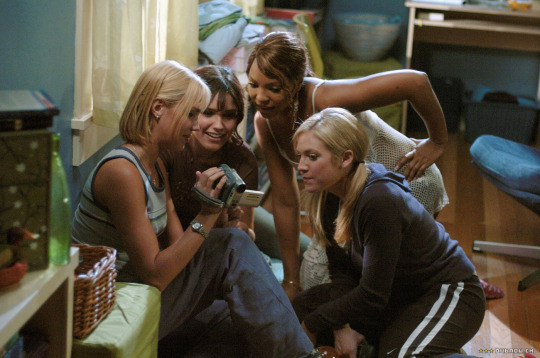
8. Ocean’s 8 - Debbie and Lou
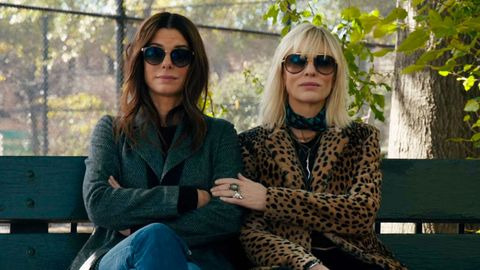
7. Calamity Jane - Katie and Calamity
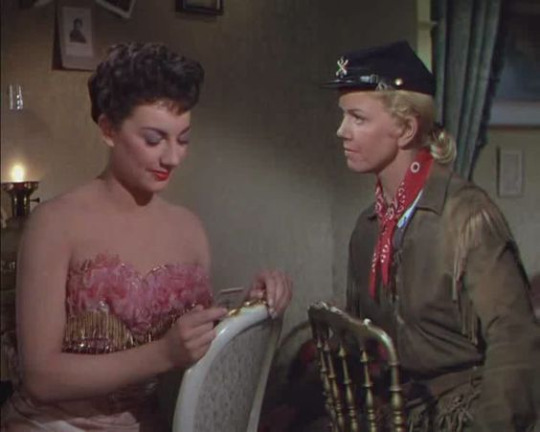
6. Bring It On: All or Nothing - Britney and Camille

5. Ice Princess - Casey and Gen
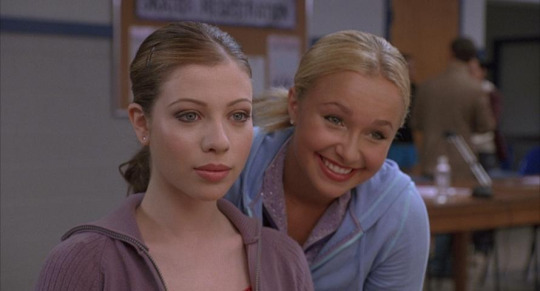
4. She’s the Man - Viola and Olivia
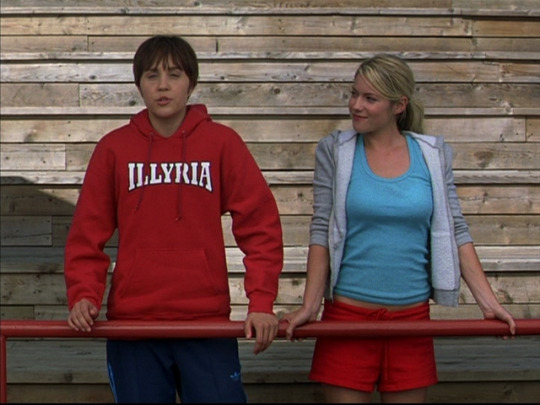
3. Almost Adults - Mackenzie and Cassie
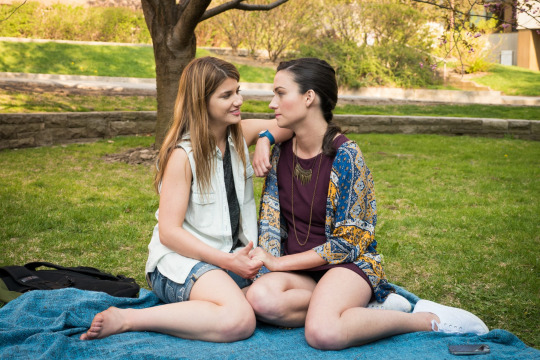
2. Miss Congeniality - Cheryl and Gracie

1. Bend it like Beckham - Jess and Jules
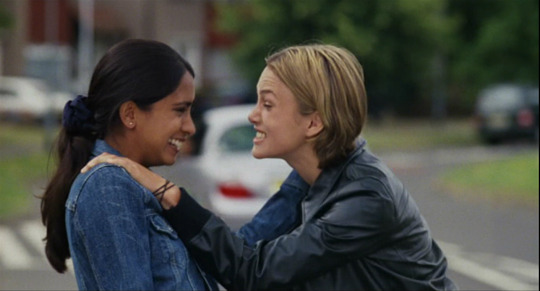
#wlw#rom coms#my post#Bend it like Beckham#Mean Girls#The Breakfast Club#Bring It On#Whip It#The Wedding Planner#Pitch Perfect#Princess Protection Program#Clueless#Legally Blonde#Frances Ha#Stuck in the Suburbs#John Tucker Must Die#Ocean’s 8#Calamity Jane#Bring It On All or Nothing#Ice Princess#She’s the Man#Almost Adults#Miss Congeniality
634 notes
·
View notes
Text
dev process of my submission for hackapet by hack club!!
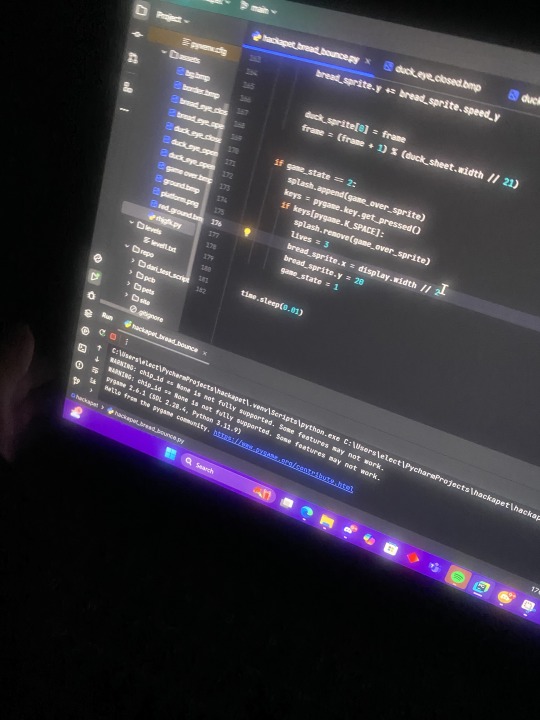
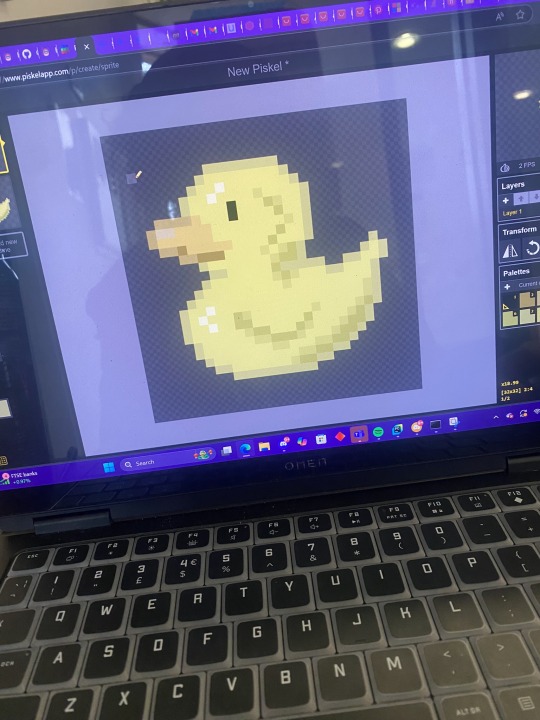
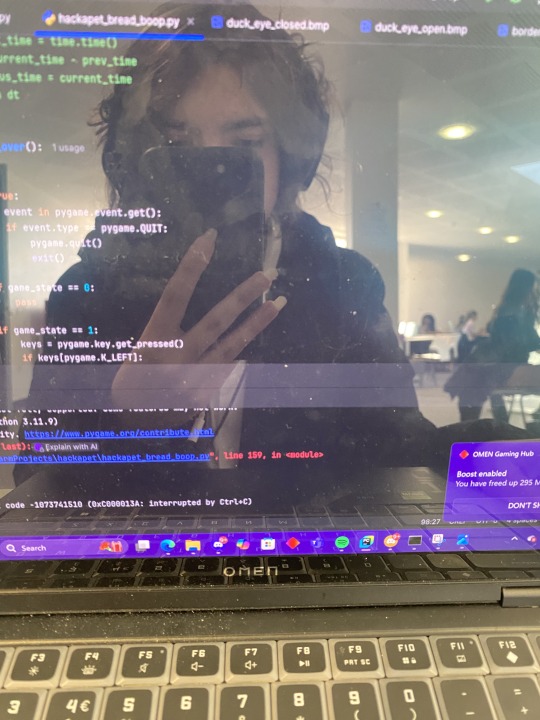
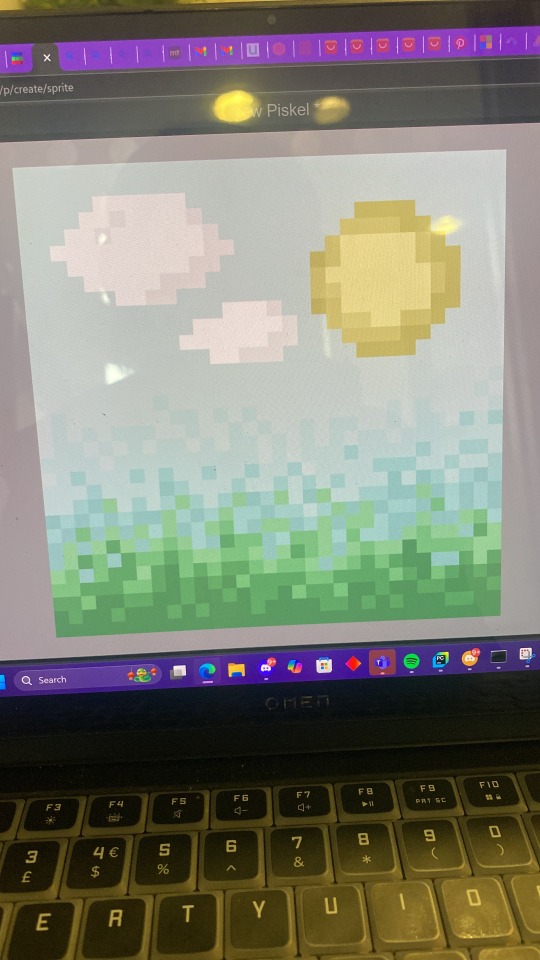
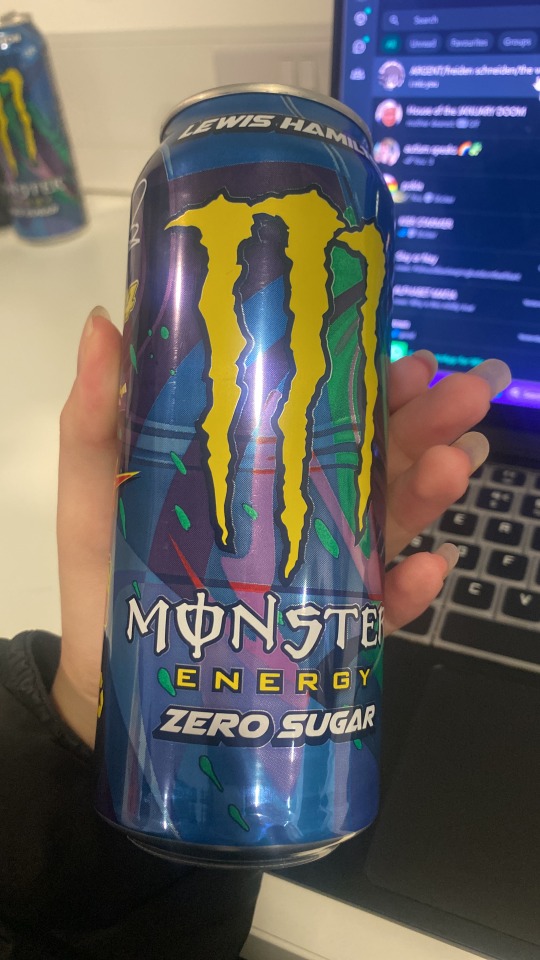
drew all the assets, wrote all the code, consumed all the energy drinks xD
overall an incredibly fun experience!! learning pixel art and ignoring my psychology tests were the biggest highlights :3
now onto the final push to submit on time >:D
#codeblr#programmer#programming#i yearn to code#dev blog#developer#game development#game jam#hack club#pixel art#pixel graphics#duck#python#pygame#code#coding#computer science#cs#csblr
59 notes
·
View notes
Text
Anyway, while I was gone I was thinking of this stupid idea with Bakugou (as usual)

Imagine your eighteenth birthday is when you find out who you’re bonded to, and this bond is created via telepathy. A connection opens between two souls, and you’re able to communicate with each other no matter where in the world you are. A connection that only becomes stronger as your relationship with your soulmate grows.
But of course, connections can be broken. The same way those dreamlike fantasies of meeting your perfect soulmate don’t always work— especially when your soulmate is Bakugou Katsuki.
The first time you try to communicate with him, he brushes you off. Telling you to “piss off”, that he doesn’t “need a fuckin’ soulmate”. It’s a time in his life that arguably he needs that connection with someone more than ever. But the feelings of inadequacy and inferiority he holds inside are at an all time high as he pushes everyone away, including you. Shutting the door on any hope you had of ever having a connection with him, of finding your soulmate.
You try again a few times after, watching all your friends develop their love and even meet their soulmates. Hating the green-eyed monster that appears when you realise how bitter you actually are— to be paired with someone that has no interest in you. Cursed to be one of the ones without a soulmate, to try and find a love with another broken person like you.
The conversations are always the same— his irritation for your very existence no match for the conversations you try to start. Making it abundantly clear to you that you’re a distraction, that he doesn’t have time for a soulmate. And yet amongst his complaining that you’ve opened the link at a bad moment, or that he doesn’t need you— he always answers.
So over time you find yourself starting to give up, wondering why you’ve wasted so much time on a man that clearly doesn’t want you. The connection going quiet as neither of you try to open the link.
Radio silence.
And what makes it worse, is your friends who have perfect connections pity you. One of the lost souls without a soulmate— which is why you’re prepared to join a special program. A program that can realign your connection— to tie your soul to another.
It’s unorthodox, an extreme measure that has an endless list of side-effects. You could end up with the more undesirable members of society, who’s connections have been severed before, or the ones that abuse the system for their own benefit— and if the second connection doesn’t work out you’re unable to claim a third. But craving that special bond with someone, picturing the perfect smiles and pickett fences it’s more than worth the risks. So you plan to do it— to sever your connection with your soulmate, and find a new one.
Someone who will actually love you.
But it isn’t until one night that you hear something at the back of your mind, barely a murmur as you shoot up in bed. Squinting as you try desperately to focus on the sound— another whimper. But you can’t seem to make out much else, as you realise that it’s the same connection that you thought was completely shattered all those years ago.
“Hello?” You feel almost stupid calling out, wondering if he even realised that you could hear him again— that you were there.
“Long time no talk, hah sweetheart?” He scoffs, a choked cough spills from his lips after as he winces in pain.
“You sound like shit— is that why you reconnected our bond at four am?”
“Must’ve called the wrong number, sweetheart.” He sneers, but you can almost hear the humour in his tone.
“Well luckily for you I’m going to break our bond.” You bite back as you’re met with silence on the other end, “So you won’t have to make the same mistake again.”
“You can do that?” He whispers.
“Yeah, they can reconnect me with someone else.” You murmur.
“They won’t be as good as me.” He manages to get out before another cough wracks through his body.
“I wouldn’t know, would I?” You scrunch your nose in irritation, “But at least they’ll want me.”
“Who said I don’t want you?”
It’s not until a month later that you find out the real reason he reconnected the bond that night. That it was the night that his heart stopped beating as he almost lost his life, his body shutting down as the only thing he could think to do was to call out for you.

#I’ve got a disgusting amount of soulmate ideas in my drafts#but some aren’t fully fleshed out#like I was thinking of computer programmed soulmates too#or like a lonely hearts club vibe where you can through cutting edge technology find a soulmate#think ready player one with the VR headsets#like those trashy dating games#and you fall in love in one of those fantasy worlds#LIKE BELLE!!!! ahhhh#but I digress#soft bakugou#I should tw:soulmates this cause I know how much some of you HATE soulmate tropes LOL
402 notes
·
View notes
Text
Ards Open Christmas Meet 2023
Now that we have had time to breathe after an incredibly busy week of swim racing its time to say a huge congratulations to the Junior swimmers from #teamlarne who stepped up to race on Sunday at the Ards Christmas meet. 24 young swimmers from development and competitive squads raced over 67 individual swims in 3 sessions. Session one Stroke 25s and a 100 IM for the 12 and Under guys. The meet…

View On WordPress
#coaching#patience#swimming#YouthSports#age group#ambition#AthleteDevelopment#AthleticJourney#becauseWEcan#Belief in success#club#Club Development#club program#Competition#ContinuousLearning#DareToDreamBig#gala#improvement#inch by inch#medals
0 notes
Text
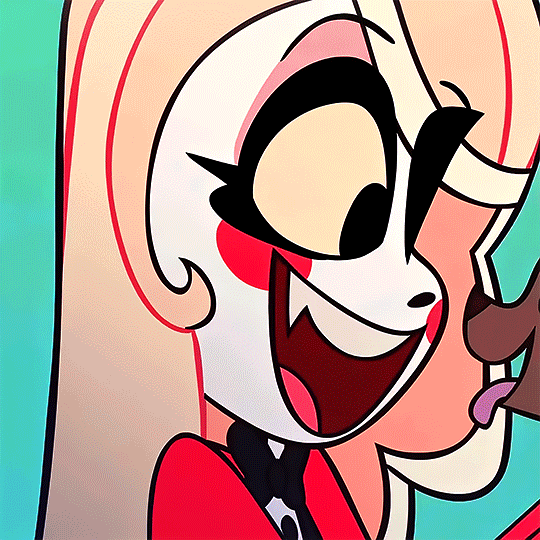
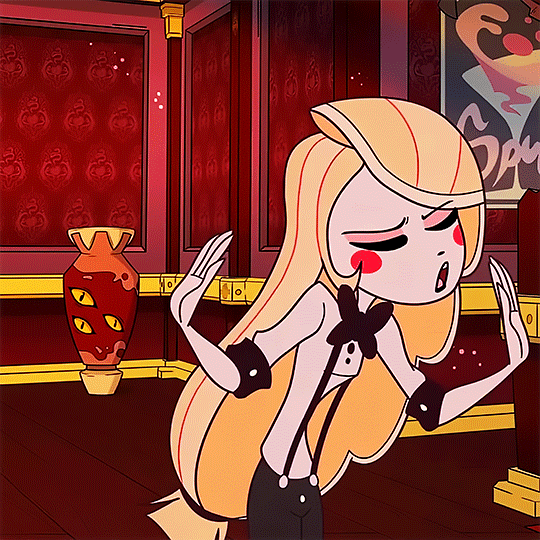
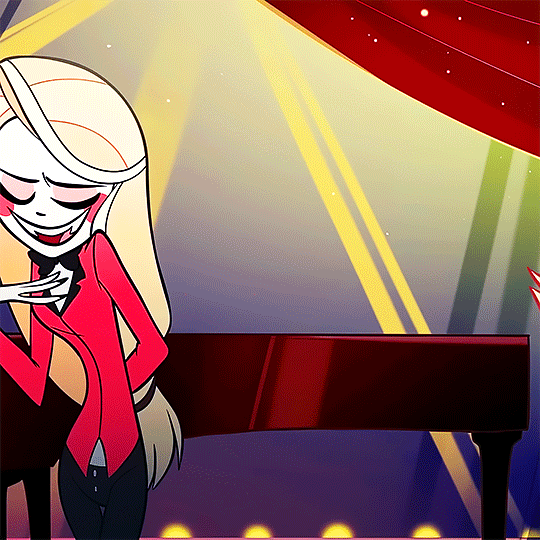
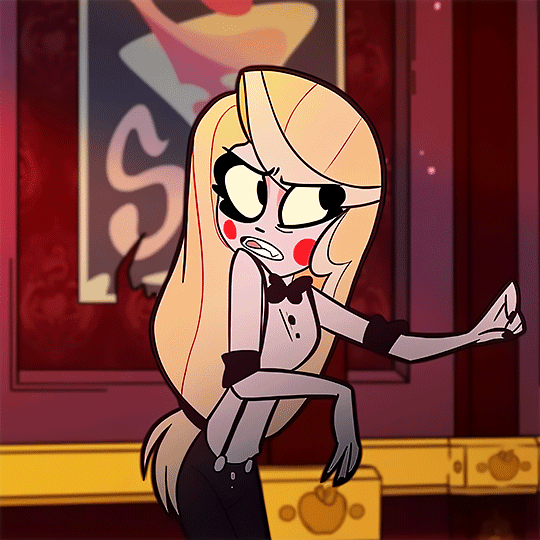
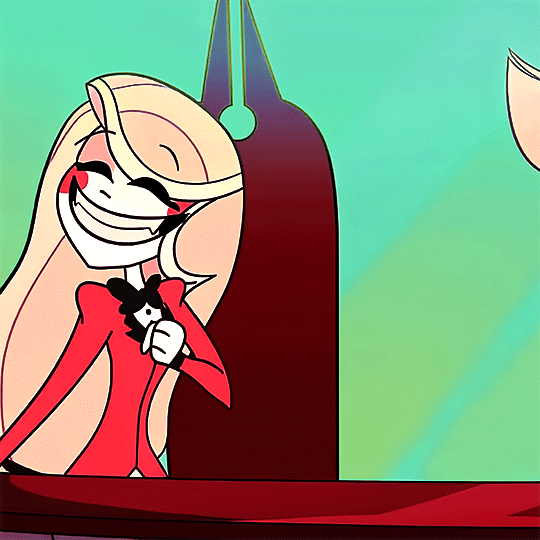
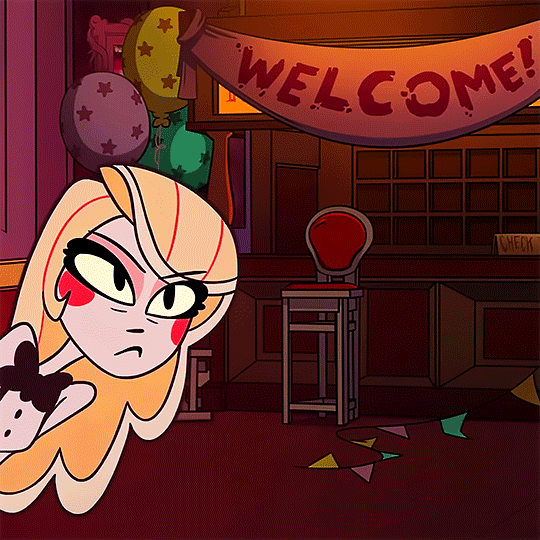
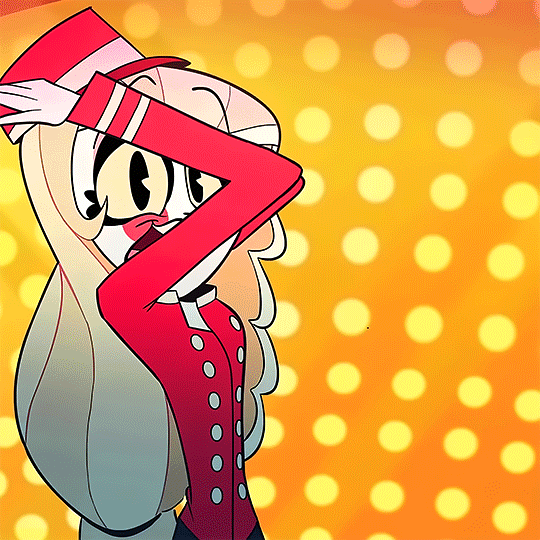
CHARLIE MAGNE from HAZBIN HOTEL (2019): Pilot - "That's Entertainment" ↳ "So, I've been thinking: Isn't there a more humane way to hinder overpopulation here in Hell? Perhaps we can create an alternative way to change souls through... redemption?"
#hazbin hotel#hazbin hotel edit#hazbin charlie#charlie magne#hazbin edit#requested#hazbin hotel pilot#that's entertainment#charlie#my gifs#god ain't she the cutest little thing!#not gonna lie i get a bit emotional seeing her do The Pose during ''wonderful fantastic new hotel''#it's the same pose she does in the S1 poster :')#okay actually im back here to say some things in the tags:#holy almighty LORD these gave me so much grief to color in a way i thought looked nice#specifically the one of her in the news chair. sorry i was NOT gonna let that hideous highlighter green color assault all your eyeballs.#did i lose nearly two hours of sleep getting it right because i still have no idea what i'm doing? yes. worth it? YES. ohh yes.#i liked the seafoam look so i made the cloud sequence match :] or at least tried to#there WAS supposed to be another one of her in the news room but i just hated how it kept turning out so i scrapped it.#coloring the main series was one thing to learn but the PILOT? never has it been so obvious to me just how much more bright and vibrant#the colors got during the progression of the world design. also. if by any chance one of those cool and experienced#gif makers happens to see these tags and wants a good laugh: i've been doing this for how many months now? and just last NIGHT figured out#how to use the fucking eraser in photoshop....... thing is... i also draw. i KNOW what program tools look like. i KNOW ppl draw in PS.#i'm just a really silly fuckin goose!! TEEHEE FUCKING HEE I GUESS!#so for months i've been like ''god i wish i could just erase this part from the layer'' and looking at the eraser tool and just being like#''nah it's probably different and weird i'll just stick to what i know'' -> said boo boo the FOOL#see i could be in the club but i'd rather be aggressively neurodivergent about the silly queer demon cartoon that altered my brain chemical
115 notes
·
View notes
Text

Henry Clive - "Hollywood Comedy Club" - 1920s Burlesque Program Cover - Original art sold by Heritage Art Gallery August 2024
139 notes
·
View notes
Text
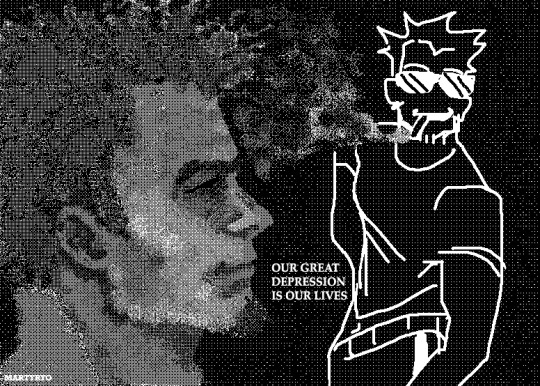
js paint tylers <3
#artists on tumblr#digital art#art#pixel aesthetic#fight club#fight club 1999#tyler durden#doodle#ms paint#when he's silly but also a terrorist#something quick before I think of a serious drawing to do#I'm in love with spray paint brushes they fuck so hard#and that mixed with extreme pixelization??#it scratches my neurons in a good way#love drawing with an old ass program#it's not abt the final piece but the experience wnjwnfkweng#martyryo
297 notes
·
View notes